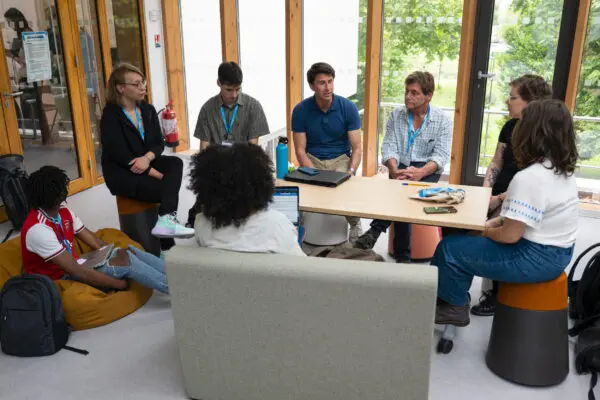
Bordeaux, France
Philosophy in Biology and Medicine
When:
01 June - 05 June 2026
Credits:
0 EC
Read more
Philosophy
When:
15 June - 17 June 2020
School:
Institution:
Institute of Philosophy
City:
Country:
Language:
English
Credits:
10 EC
Fee:
50 EUR

“The belief in the value of scientific truth – Max Weber once remarked – is not derived from nature, but is a product of definite cultures”. In 1938, Robert K. Merton, one of the founding fathers of the sociology of science, added that, under certain conditions, “this belief is readily transmuted into doubt or disbelief”. Skepticism, in turn, can develop into open hostility and rejection. In fact, since its emergence, modern science has been subject to a vast range of criticisms, which have further intensified with the explosive transformations that science and technology have brought about – for better and for worse – in the past three hundred years. Sometimes, these criticisms are motivated by ideological or emotional factors; other times, instead, they are related to the very structure of the scientific enterprise or to the ways in which scientific knowledge is achieved and communicated. But what is modern science, and what is it that distinguishes it from other – past and present – forms of knowledge? The aim of this course is, on the one hand, to explore the historical processes that led to the development of what today we call “science” and to the rejection or marginalization of what is no longer considered such; on the other hand, it is to discuss some of those skeptic or antiscientific attitudes as they emerge both within and without the domain of science proper. These topics will be addressed from historical, philosophical and sociological perspectives.
Admission is open to both graduate (MA, MSt) and postgraduate (PhD) students.
Email: psa@ifzg.hr
Fee
50 EUR, The participation fee for the school is € 50. It covers teaching materials, refreshments (coffee, tea and snacks), official banquet and certificate of participation.
When:
15 June - 17 June 2020
School:
Institution:
Institute of Philosophy
Language:
English
Credits:
10 EC

Bordeaux, France
When:
01 June - 05 June 2026
Credits:
0 EC
Read more

Pomaia, Italy
When:
26 August - 06 September 2026
Credits:
6 EC
Read more

Antwerp, Belgium
When:
03 July - 08 July 2026
Credits:
6 EC
Read more